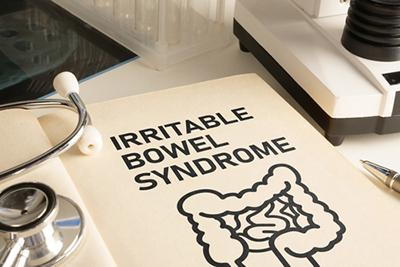Irritable Bowel Syndrome (IBS): Managing Symptoms and Improving Quality of Life
posted: Aug. 20, 2024.

Irritable Bowel Syndrome (IBS) is a common gastrointestinal disorder that affects the large intestine, causing symptoms like abdominal pain, bloating, gas, diarrhea, and constipation. While IBS is a chronic condition, effective management strategies can significantly improve quality of life. There is no cure for IBS but there are ways to manage your symptoms and help reduce your overall pain and irritation each day.
Living With IBS
IBS is a chronic condition and can affect how you function each day. When you’re dealing with pain, it can be difficult to focus, and you may even have a hard time staying out of the bathroom.
Common symptoms associated with IBS include:
- Abdominal pain and cramping
- Bloating and gas
- Diarrhea
- Constipation
- Alternating bowel habits
It can be incredibly difficult to function when you’re dealing with IBS symptoms and it’s important that you find ways to help limit these symptoms. Each person is different, and treatment can vary. The first method that your gastroenterologist may recommend is to make lifestyle changes. This means changing your diet to increase fiber and avoid foods that may trigger your IBS symptoms. You can keep a food diary to understand what triggers your IBS and what foods you may need to avoid or modify.
You should also be sure to hydrate and engage in regular physical activity. Stress management can also be important to managing IBS and how it affects you. Your gastroenterologist may also recommend using probiotics to help balance your gut bacteria and improve symptoms. In some cases, your doctor may need to prescribe medications to help with symptoms like constipation and diarrhea.
Contact Our Gastroenterologist Today
Make sure you know how to live happily and comfortably with IBS! Contact your gastroenterologist to learn more about managing your IBS and when you need to seek help and additional care.




